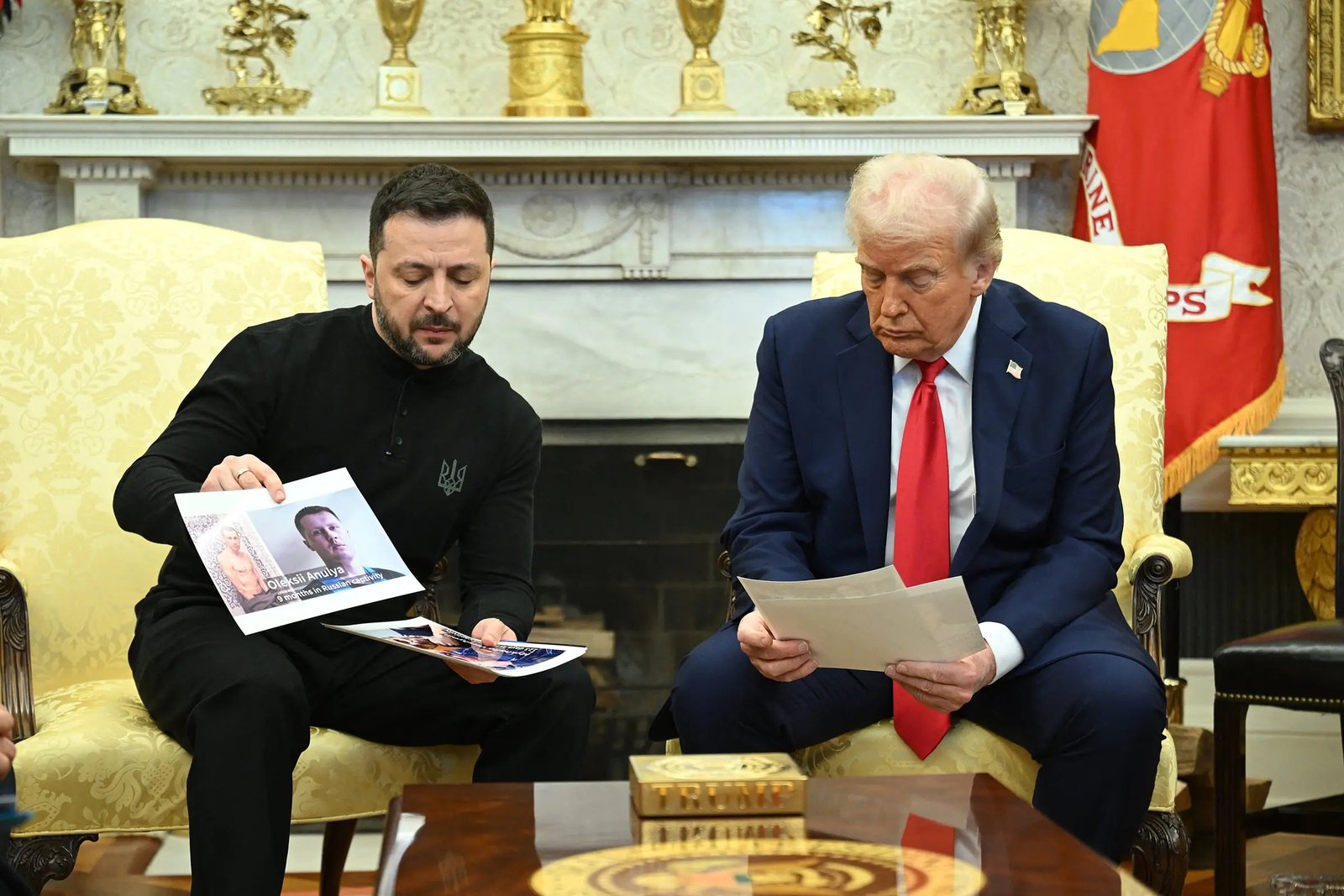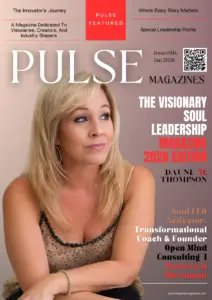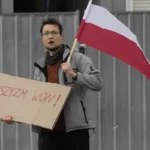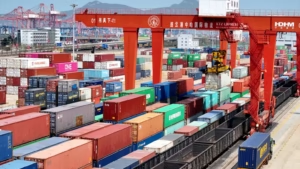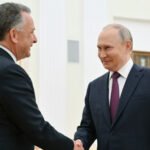Now Reading: Ukrainian Refugees in Poland Face Rising Abuse Amid Election Tensions
-
01
Ukrainian Refugees in Poland Face Rising Abuse Amid Election Tensions
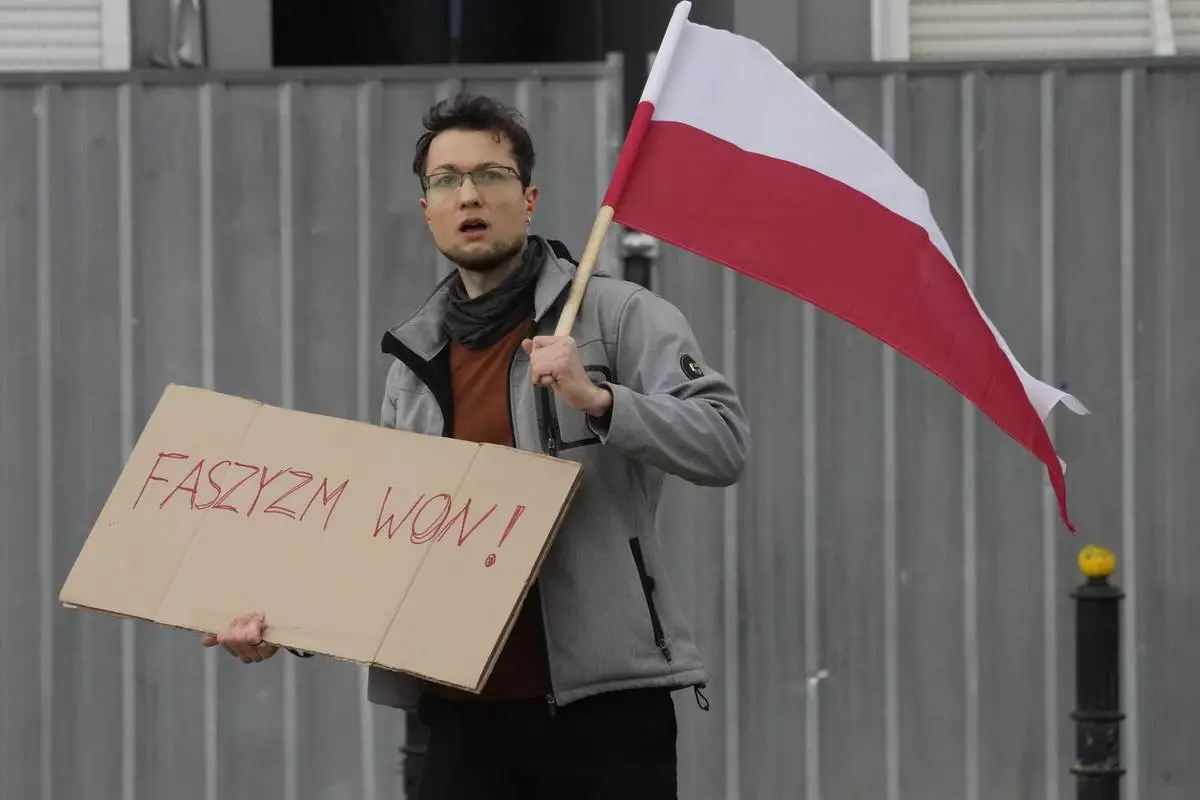
Ukrainian Refugees in Poland Face Rising Abuse Amid Election Tensions
‘Go Back to Ukraine’: Ukrainian Refugees Report Rising Abuse in Poland
Svitlana, a 31-year-old Ukrainian mother, recalls how much her daughter once loved school in Poland.
“Even when we moved to another area, she didn’t want to change schools,” Svitlana says. “She liked it so much. There was no bullying.”
But recently, that sense of safety has disappeared.
“Two weeks ago, she came home and said, ‘One boy told me today, go back to Ukraine,’” Svitlana says, visibly shaken.
That day marked a shift. The next day, her daughter faced worse humiliation.
“Older girls began mocking her for speaking Ukrainian. They even pretended to fall down screaming, ‘Missile! Get down!’ while laughing,” Svitlana recounts.
Just days earlier, a Russian missile had struck Svitlana’s hometown in Ukraine, killing civilians — including children. Her daughter, still traumatized, came home in tears.
Svitlana, who asked not to be fully identified for fear of reprisals, shared screenshots of messages exchanged with school officials in which she raised concerns about her daughter’s treatment. She says the hostile attitudes are not limited to school.
“At work, I hear people saying Ukrainians come here and misbehave. Many of my Ukrainian friends are thinking of returning home — they feel rejected. It’s frightening to live here now.”
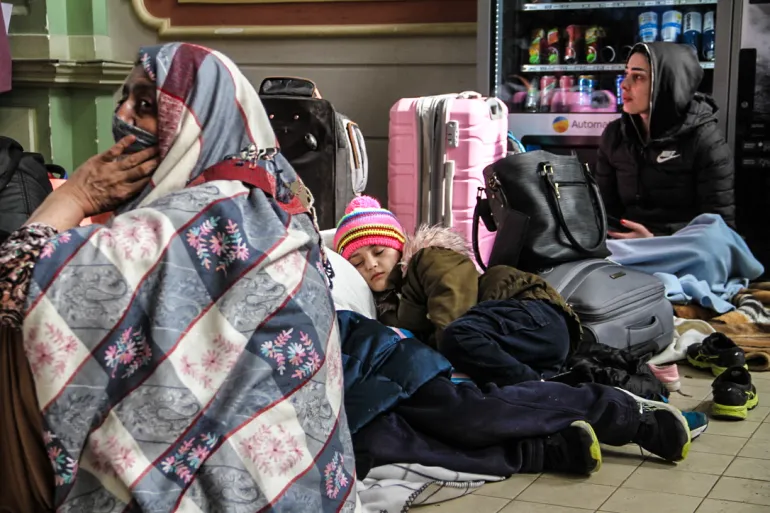
From Warm Welcome to Cold Shoulders
Poland initially welcomed Ukrainian refugees with open arms after Russia’s full-scale invasion began in February 2022. The response was hailed globally as compassionate and generous.
“It was amazing,” says Natalia Panchenko, head of the Warsaw-based Stand with Ukraine Foundation. “People called every day asking, ‘How can we help?’ They offered their homes, food, everything — including their hearts.”
Today, however, the mood is shifting.
Natalia says her organization has seen a sharp rise in anti-Ukrainian sentiment — especially online — which has now spilled into daily life.
“Now, we hear of Ukrainians being harassed in shops, hotels, and workplaces just because they speak with an accent,” she says. “It’s heartbreaking. These women and children are here because of war. Many have lost loved ones, and they are now being targeted.”
Public Opinion Turning
A March 2025 poll by the CBOS Centre shows a significant decline in public support for refugees. Only 50% of Poles now support accepting Ukrainian refugees — down from 81% two years ago and seven points lower than just four months earlier.
Currently, around 2.5 million Ukrainians live in Poland, accounting for nearly 7% of the country’s population. Of these, approximately 1 million arrived after the 2022 invasion. Poland is spending around 4.2% of its GDP on refugee support.
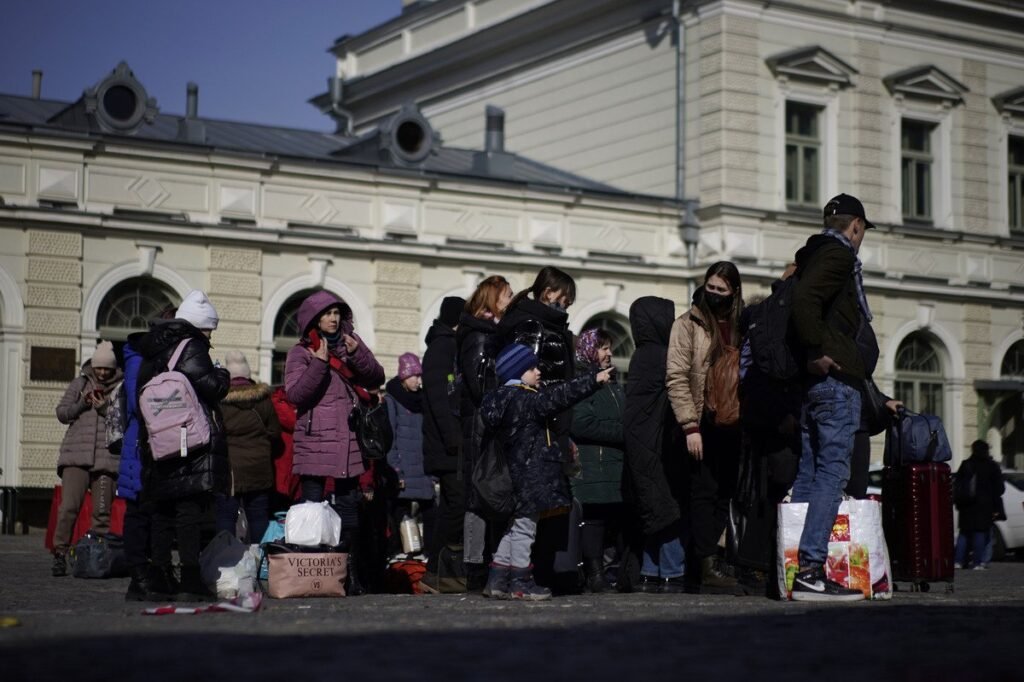
Election Season Fuels Tensions
The shift in sentiment comes at a politically sensitive time. Poland’s presidential election is underway, with the first round of voting taking place this Sunday.
Far-right candidate Slawomir Mentzen, currently polling third, has expressed strong anti-Ukrainian views and supports closer ties with Russia’s Vladimir Putin.
Karol Nawrocki, a conservative in second place, opposes EU and NATO membership for Ukraine and has called for an end to refugee financial aid — although he supports Ukraine’s war efforts.
The most pro-Ukraine candidate is Rafal Trzaskowski, the front-runner and member of Prime Minister Donald Tusk’s coalition. However, he too has promised a reduction in welfare benefits for Ukrainian refugees.
Political analyst Marcin Zaborowski says Trzaskowski is walking a fine line.
“He’s adjusting to changing public attitudes. The initial enthusiasm for helping war victims is fading, and negative sentiment is taking hold,” Zaborowski notes.
Disinformation and Foreign Influence
Adding fuel to the fire is a surge in online disinformation, allegedly linked to Russian interference.
Last week, the Polish government warned of an “unprecedented attempt” by Russia to manipulate the election using false information aimed at dividing Polish society. Moscow denies any involvement.
Michal Marek, who leads an NGO tracking propaganda and fake news in Poland, says disinformation is spreading quickly on social media.
“The key narratives include claims that Ukrainians are stealing public funds, disrespecting Polish culture, and are to blame for the war,” Marek explains.
“These stories often originate from Russian-language Telegram channels. They’re then translated and pushed into the Polish online sphere.”
Marek warns this could sway voters.
“We won’t fully understand the impact until after the election — but we’re seeing more people influenced by these narratives.”
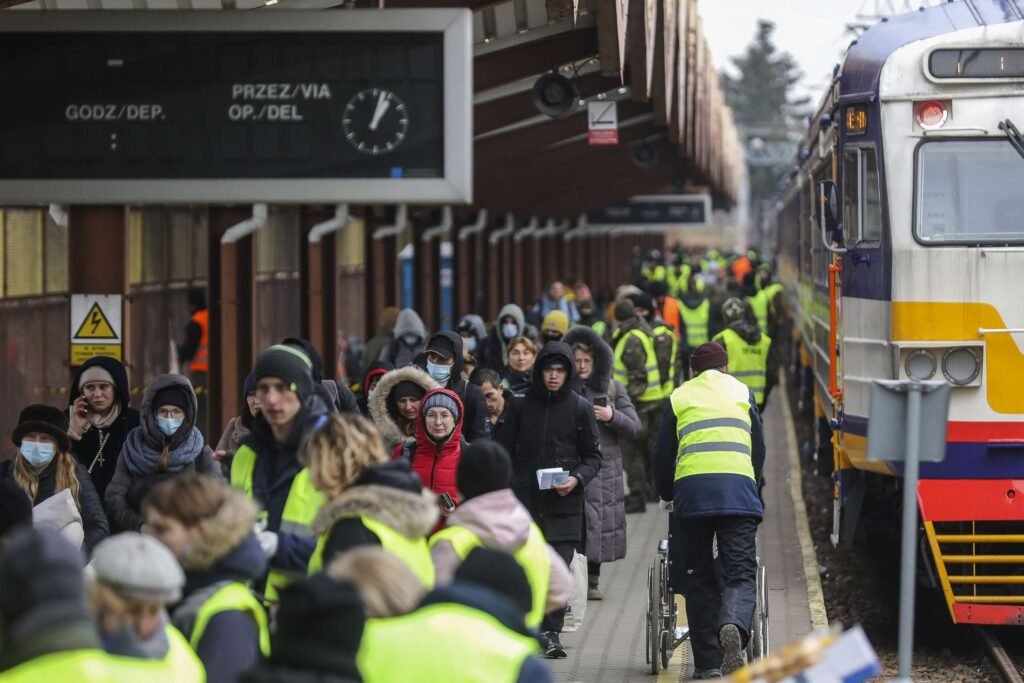
Conclusion
For Ukrainian refugees like Svitlana, Poland once represented safety and kindness. Now, rising hostility and political polarization are casting a shadow over their hopes for peace and stability.
Many are left asking: If we’re not safe here, where are we safe?
